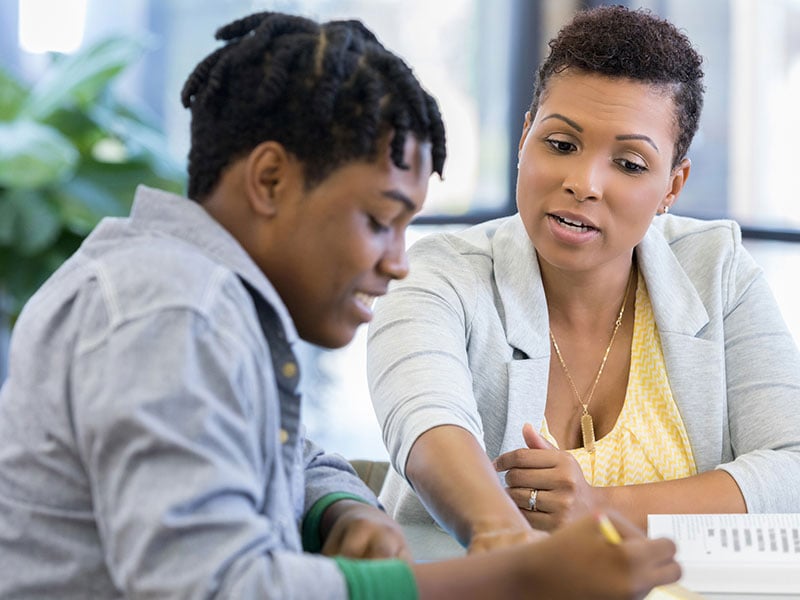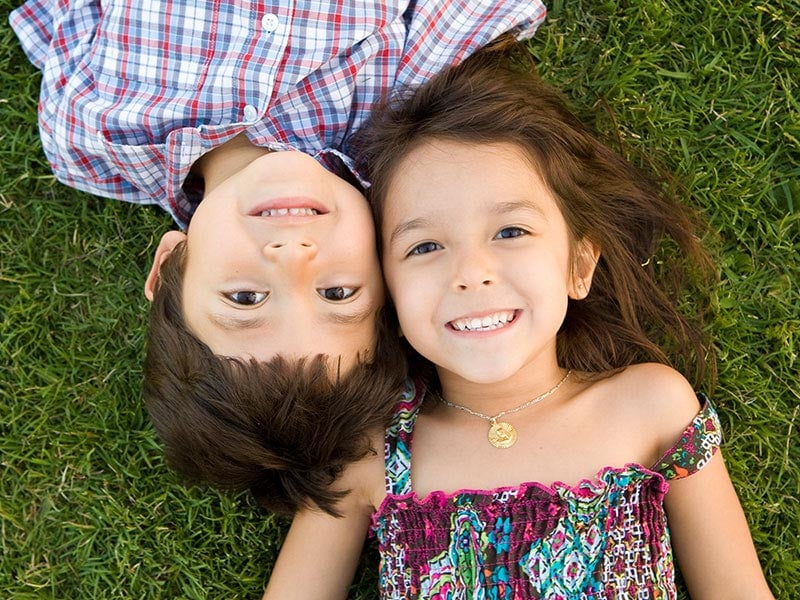
Tweens & Teens FAQs
Knowledge is critical to Prevention, Protection, and Healing
Understanding child abuse helps you be in a better position to both prevent abuse and know how to respond if abuse occurs. Here are answers to frequently asked questions about abuse. If you still have questions or need additional information, please call us at (843) 723-3600.
We are here to help.
-
What are the types of abuse?
There are several types of child abuse, assault, and violence. All types can have similar negative consequences for children and teens. Read more about the types here.
-
What can I do to help my friend if they disclose abuse or assault?
Victims of abuse, sexual assault, and dating violence are often scared to tell even the closest people in their lives. When someone trusts you enough to tell you about abuse, it is very important for you to express support and protection for your friend. You do not have to investigate the abuse or find out all of the facts. Professionals whose job it is to talk with children and teens in just these situations are there for that reason. If someone you know tells you they have been abused or assaulted, feeling believed and supported is critical for both their protection and well-being. Next, call professionals who can help.
-
Is spanking considered child abuse? Is there a difference in spanking with your hand and spanking with an object?
Spanking typically refers to physical discipline with an open hand. Physical abuse is generally defined by whether or not spanking (or any discipline) causes injury to a child. Whether the spanking is administered with a hand or an object, it can still result in injury. Years of research and work with families have shown that spankings and other physical disciplines are not effective at managing behavior problems in the long term, and can have negative effects on children and teens. For this reason, the American Academy of Pediatrics explicitly discourages physical discipline. Thankfully, there are other methods of discipline that are more effective and won’t cause injury. Parents often use physical discipline because they don’t know of other more effective methods. It is never the child’s responsibility to choose discipline methods for their parents. Professionals can help the whole family by setting up new routines. Physical punishment fact sheet.
-
Can a child or teen consent to have sex with an adult or much older child?
No. Legally in South Carolina, anyone under the age of 16 does not have the ability to give consent. Children are simply not mature enough to make an informed decision regarding having sex.
-
What type of person sexually abuses children or teens?
There is no one set of characteristics that describes people who sexually abuse or assault teens or children. Sex offenders are represented in every socioeconomic, ethnic, religious, and racial group. We do know that over 90% of child sex offenders are someone that the victim and the victim’s family knows and trusts.
-
Wouldn’t someone who has been sexually abused be fearful of the offender?
Surprisingly, often the answer is no. People who sexually abuse children or teens usually want to continue to have contact, so the abuse can continue. They also want the teen or child to accept sexual behaviors as okay. For these reasons, many offenders show special attention to their victims, including acts of love and gifts (some people call this “grooming” behavior). Offenders may define the relationship and the child as special. People who sexually abuse children often appear as loved and trusted adults in, or close to, the child’s family and who play a positive role in the child’s life.
-
Why wouldn’t my friend tell me right away if he or she was abused?
Less than half of children or teens tell anyone about their abuse during childhood. There are many, many reasons that they do not tell right away, or do not tell at all. Abusers sometimes threaten their victims or their loved ones with harm if they tell about the abuse, or they say that no one will believe them. Even if not threatened, children and teens may not tell because they are afraid bad things may happen in their family (for example, someone may be hurt, get in trouble, or go to jail). They may feel afraid that they will not be believed or will be blamed for not stopping the abuse. They also are often hesitant to tell because they do not want to upset the loved ones in their lives.
Young children may not tell because they do not know what sexual or physical abuse is or that it is wrong. Older children and teens may feel guilty because they have had special attention and gifts, and they might even not want to lose that attention even though they want the abuse to stop.
-
Isn’t it better for my friend not to talk about the abuse so he or she can forget about what happened?
Studies show that actively avoiding memories or reminders of the abuse may lead to worsened emotional or behavioral difficulties later in life. While avoiding issues of sexual or physical abuse may feel more comfortable for adults, teens and children may be left feeling responsible, ashamed, and confused. Abuse happens under conditions of secrecy. Openly talking about the abuse lets the teen or child know that it is okay to tell and that the adults in the child’s life can handle this disclosure – even if it is hard. Communication is a critical tool in resolving the problem: it helps the child or teen understand the abuse, clarify who is responsible, and to feel okay about him or herself.
-
What if my friend asks me to keep the abuse secret?
Most teens who are brave enough to tell someone about their abuse or sexual assault tell only one friend. If adults do not learn what happened, the teen may continue to be abused. Although it can be very hard to break the confidence of a friend, adults need to know when abuse or assault happens. We recommend thanking your friend for trusting you, and telling them you will help keep them be safe by telling a trusted adult – like a parent, teacher, or counselor, or by calling the police.
-
My friend’s parents fight a lot and have even hurt each other when my friend saw them. What do I do?
Repeated fighting and or arguing, especially when someone is hurt, is a sign of “domestic violence,” which is when someone purposely causes harm or threatens the risk of harm to any past or current partner or spouse. Domestic violence can teach a child or teen that it is ok to hit or be hit. Although these things do sometimes happen, violence is never acceptable. Tell your friend you want to help and reach out to a trusted adult, like a parent, teacher, or counselor.
-
My friend’s boy/girlfriend is controlling and sometimes forces my friend to do things they don’t want to. Is that normal?
These are red flags for relationship violence, which happens in a lot of teen dating relationships. It is very important to seek assistance (from a parent, teacher, or counselor) with boundaries and even end the relationship if needed.
-
Is bullying child abuse?
Bullying is a form of interpersonal violence where someone repeatedly acts to inflict social, emotional, physical, and/or psychological harm to a peer. Bullying can happen online, on social media, or in person. Child abuse is technically from a caregiver or adult to a child, and bullying is between peers, so it is not technically child abuse but is a form of violence that can have similar negative emotional effects. Like with other forms of violence, it is very important to seek assistance (from a parent, teacher, or counselor) if you or someone you know is being bullied.
-
If I tell someone, will I have to testify in court?
It is possible. Certainly, the idea of court can be intimidating to children and teens as well as adults. The goal is the protection of the child or teen as well as the community. Many caregivers worry about the emotional stress of their child testifying in court. If a child or teen is properly prepared for testifying, it can greatly reduce their anxiety and fear. Many children and teens have felt empowered that they get their “day in court” to tell the judge what happened to them.


